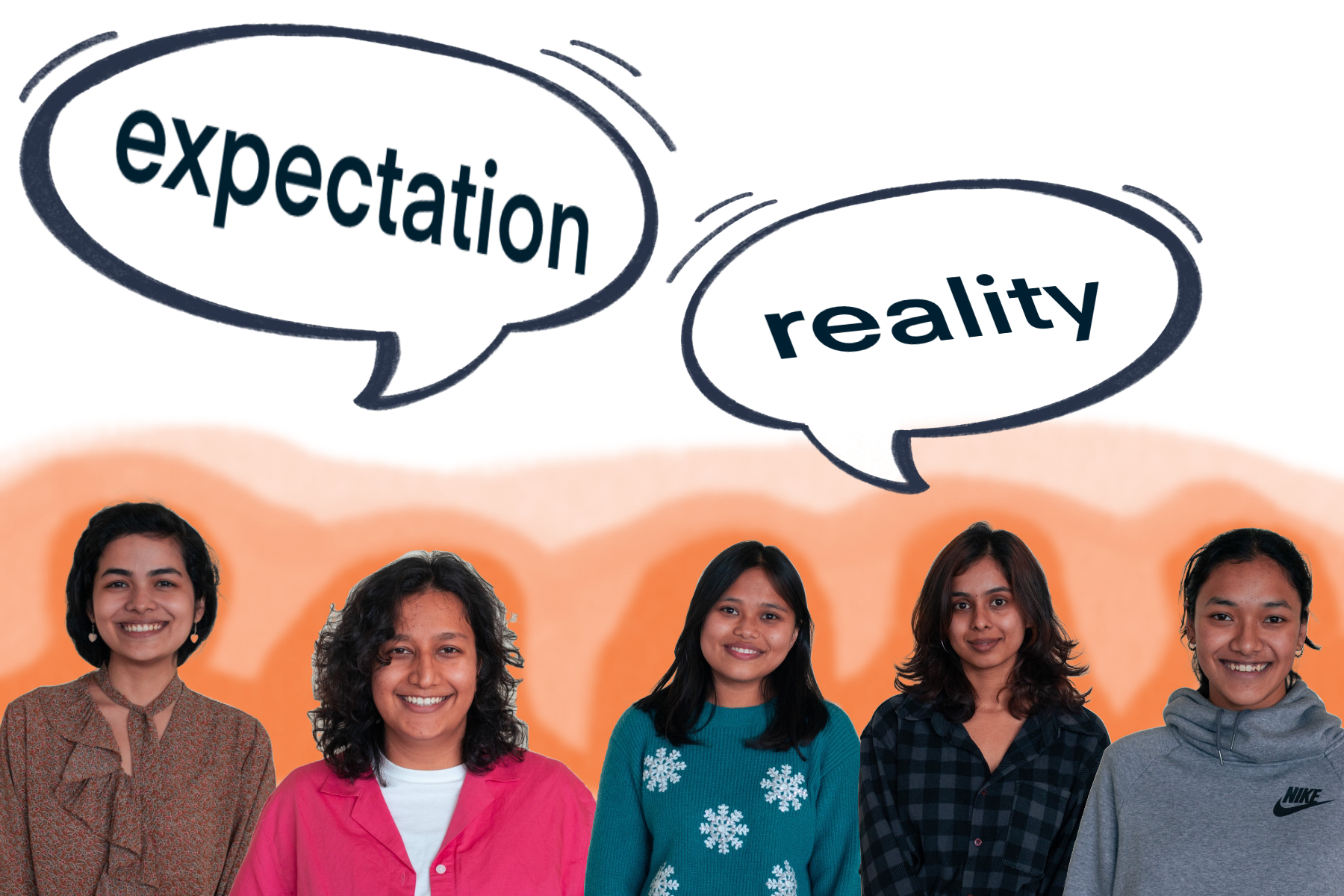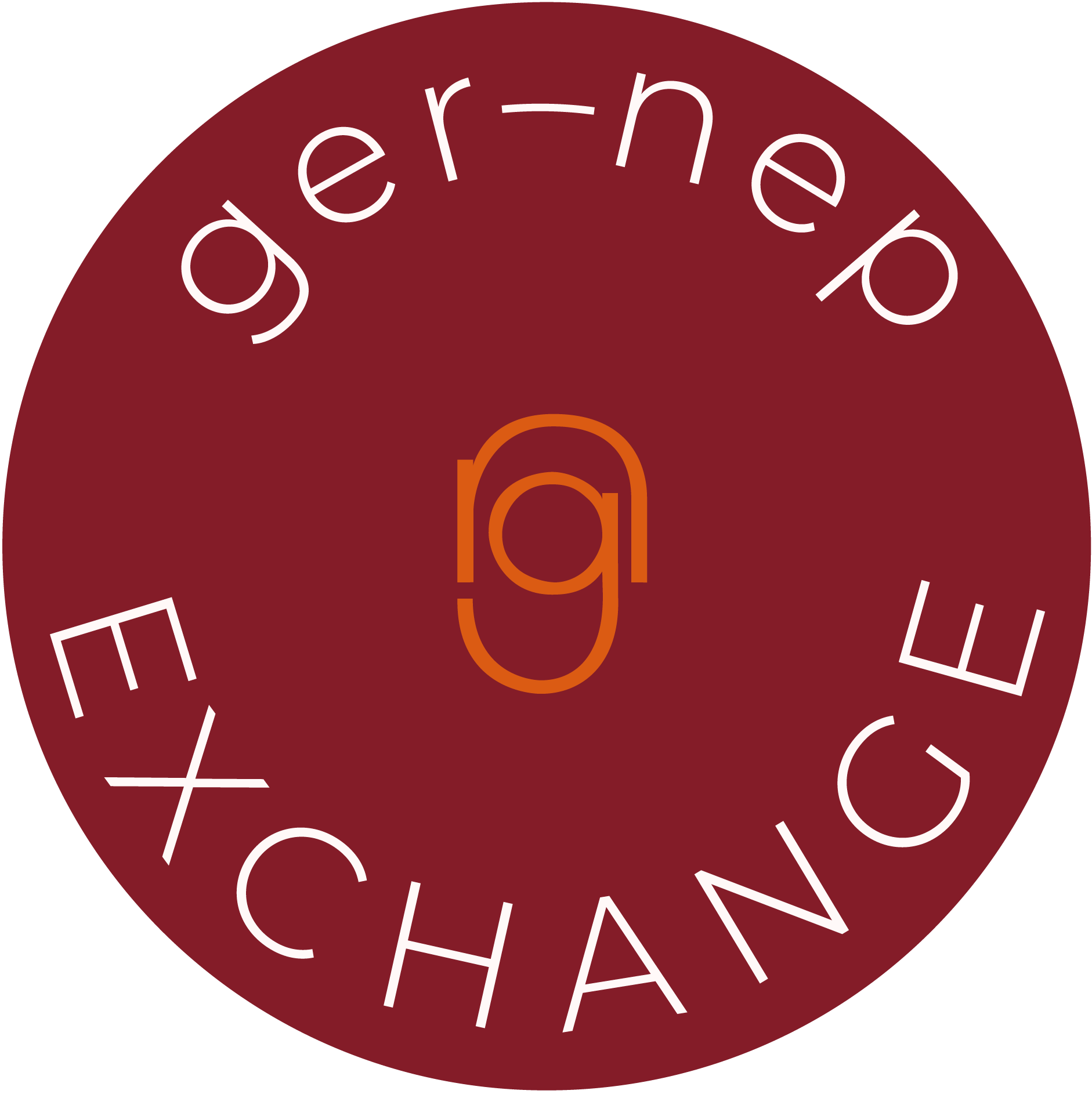
Between Cultures and Contexts: Understanding the Dynamics of Journalism in Germany and Nepal
Journalism plays a significant role in society, especially in promoting democracy and informing the public. Journalists have the task of reporting independently and critically, exposing grievances and providing citizens with relevant information. This article is about journalism in Germany and Nepal and gaining insights into the respective media landscapes, journalistic practices and challenges.
The role of journalism and the media landscape in Germany
Journalism has such a strong significance in Germany that media are often referred to as the “fourth estate”. Alongside the executive, the legislative and the judicial branches of government, journalism plays an important role in the functioning of the democratic state. To do justice to this great role, media and especially journalists must be aware of their responsibility and work accordingly.
The media landscape in Germany is diverse and characterized by a strong tradition of public broadcasting. The public broadcasters are largely financed by the so-called “broadcasting fee”, which all households in Germany must pay. It is therefore a solidarity model that is intended to guarantee all citizens access to information, education, advice, and entertainment. A small part of this contribution also goes to the state media institutions. There are 14 of these in Germany; they are responsible for licensing and supervising private television and radio broadcasters. These private media companies are often owned by large corporations or publishing houses, which can have the effect of influencing journalistic practices here. The simultaneous existence of private and public broadcasting is called a “dual broadcasting system” in Germany.
A certain convergence of the content of private and public broadcasters resulted in the development of citizen media in Germany. Here, citizens are given the opportunity to broadcast their own contributions on the radio, for example, and thus actively participate in the media landscape.
German journalism in practice: moral values and politics
Freedom of the press is an asset in Germany, for which there is also a firm legal framework. The Basic Law guarantees freedom of opinion and freedom of the press and there are laws that guarantee the protection of journalists and their sources.
German journalists follow professional standards and ethical guidelines. The German Press Council has developed a code of honor that emphasizes journalistic integrity and responsibility. The aim is to ensure that journalists in Germany strive to provide objective and balanced reporting. Journalists in Germany strive to provide objective and balanced reporting.
As already mentioned, journalism in Germany can also influence politics as it contributes to the functioning of the system by disclosing information and disseminating it to the public. An important tool for this is investigative journalism. Landmark cases” such as a journalist’s research into a multi-million-dollar tax fraud to the detriment of the treasury in the so-called “Cum-Ex scandal” have shown how investigative journalism contributes to public enlightenment. Actors involved in the scandal reported the journalist in the further course of the case, which gave rise to discussion in Germany. Internal affairs of companies and banks should of course be protected, but this case has shown that journalists make an important contribution to informing the public – without these publications, no one would have known what deals were going on behind closed doors.
The relationship between journalists and politicians is complex. Journalists in principle have access to policymakers and politicians, and transparency is sought. However, there is also criticism of the proximity between some journalists and political actors, which could affect the objectivity and independence of reporting.
The development of digital platforms and social media has also affected the way journalism works in Germany. The channels enable faster dissemination of news, but they also mean challenges. In addition to the topic area of “fake news” and its spread, especially on the internet, populism and attacks on press freedom are also problem areas that German journalists are confronted with. There are also attacks on journalists themselves in Germany. The European Centre for Press and Media Freedom in Leipzig registered 56 physical attacks on reporters in 2022.
Substantial development of media and journalism in Nepal
The Nepalese media landscape is characterized by a diversity of opinions and voices. It is developed differently than in Germany and partly faces other challenges. In 1990, a democratic multi-party system was introduced in Nepal, which brought about a significant development in the media and journalism sector. A significant increase in the number of media outlets developed in the country, which meant broader coverage throughout the country. For the press, this meant a shift from mainly state-controlled to a free press that plays a role in national development. In the media landscape in the country today, there is a coexistence of government and private media.
There are a variety of print media, radio and television stations, many of which are privately run. Print newspapers have the longest history in Nepal’s media landscape, followed by television and radio. The first newspaper in the country was published as a government newspaper in 1901 following a decree by the then king. The aim of this newspaper was to disseminate information. However, the exact ownership structures of media organizations in Nepal are often opaque. Some media organizations have links to political parties or individuals, which can have an impact on journalistic independence.
The regulatory environment and freedom of the press in Nepal are complex. Many laws have been created to protect freedom of expression and press freedom, but cases of political interference or censorship have also been reported. In some cases, journalists are under pressure and face security concerns when reporting on issues such as corruption or human rights violations. Nepali journalists also follow ethical guidelines and professional standards. The Press Council Nepal has developed guidelines on professional ethics to promote fair and balanced reporting. Many journalists in Nepal repeatedly stress the importance of press freedom. In connection with this, factors that could restrict this freedom are often named. One obstacle for journalists is the often difficult access to information. A lack of transparency on the part of the government is also listed. Sometimes there is also a lack of funding to conduct comprehensive research.
Nepali Journalism in Practice and the Journalists’ Perspective
A quantitative analysis of the statements of 132 randomly selected journalists from Nepal identified four main areas in their daily journalistic work. These areas are development journalism and civic education, which means reporting on heads of state, country, and events, and especially creating access to information for citizens on political events. They also see themselves as “public advocates”, investigating and highlighting political events and, above all, giving a voice to the people. Another important aspect of the journalistic field is the communication of cultural content.
Digitalization has also influenced Nepali journalism. Digital media and technologies offer new opportunities for access to information and audience participation. They enable journalists to share stories through social media and reach a wider audience. This new type of online media has a history of almost two decades in the country, yet it does not receive as much attention in journalistic practices as traditional journalism. This also has to do with the fact that not all people in the country have constant or good access to the internet and to journalistic information on the internet. This “digital divide” can also be an obstacle as it could affect the engagement between journalists and the audience. Furthermore, this aspect has led to the model of community radios taking hold in the country. Here, like citizen media in Germany, citizens are given a media voice. These community radios are very widespread; in general, radio stations play an extremely important role for journalists and society since it is an easy way of making information easily accessible with a high reach.
Nepal’s capital Kathmandu was described as a “center of research and innovation” by the New York Times in 1999.Research and innovation are two aspects that are of utmost importance for journalism and especially its evolution throughout history and today. The ability to adapt to innovation is a skill that runs through the development of Nepal’s media landscape and has an impact on journalism. New challenges can lead to new skills, which make journalism in the country extremely exciting and educational. Even though Nepali journalists face challenges and risks, many of them stand behind their professions for idealistic reasons, which speaks to the quality of their work.
The importance of journalism for cultural dialogue
The comparison between German and Nepalese journalism shows both similarities and differences. Framework conditions such as laws, ownership structures and ethical and professional aspects can be examined in both countries, but how everything is structured in the end and its corresponding effect on journalistic work can differ quite profoundly.
Understanding journalism in different cultural and political contexts is of great importance. Both Germany and Nepal have recognized a free and independent press as the basis for a democratic society. The future of journalism in both countries depends on the level of press freedom, strengthening journalistic standards and addressing digital challenges. Open dialogue and better understanding between different cultures can help to appreciate and promote the importance of journalism worldwide.
If you want to get a broader understanding media issues and topics in Nepal and Germany, make sure to check out ourarticles on fighting Fake News and Community Radios in both countries.
Lena Brinkmann
-
Lena Brinkmann#molongui-disabled-link


You May Also Like

Expectation vs. Reality Part 2
13. July 2023Fun Facts About Nepal and Germany
14. April 2023

